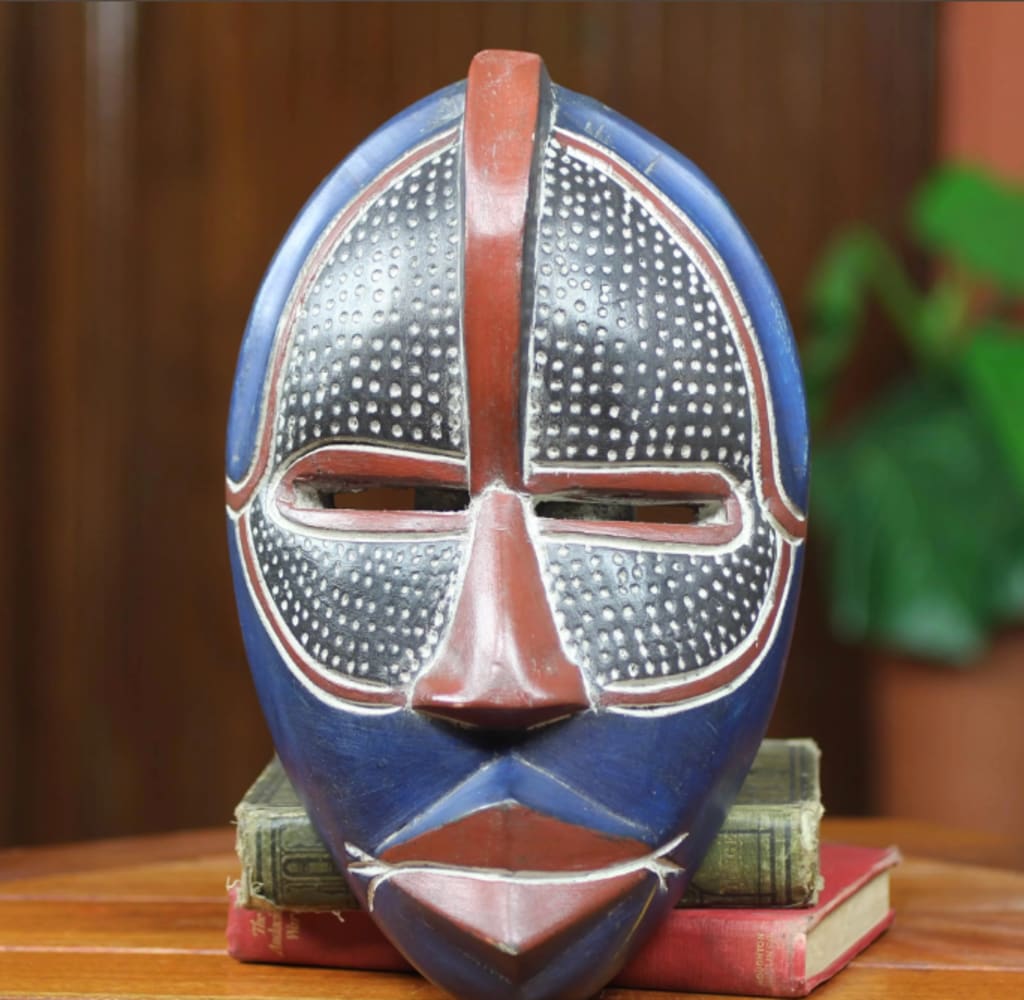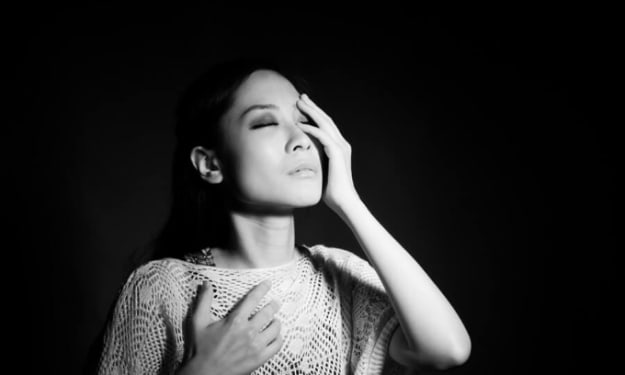
The art of Africa is a testament to the continent's rich cultural tapestry, reflecting the diversity of its peoples, histories, and traditions. Among its most iconic expressions are masks, which hold profound significance in various African cultures. In this exploration, we delve into the captivating world of traditional African art, tracing the evolution of masks through time and across different regions.
Origins and Cultural Significance
Traditional African masks are not merely decorative objects but serve multifaceted roles within their respective societies. They are used in rituals, ceremonies, storytelling, and as symbols of status or authority. Each mask embodies spiritual beliefs, ancestral connections, and communal identity, making them powerful conduits of cultural expression.
Ancient Origins
The origins of African masks can be traced back thousands of years, with evidence of early mask-making found in archaeological sites across the continent. These primitive masks were often crafted from natural materials such as wood, clay, or animal skins and were imbued with symbolic motifs representing deities, spirits, or animals central to indigenous belief systems.
Evolution and Regional Variations
As African societies evolved, so too did their artistic traditions. Different regions developed distinct styles of mask-making, each influenced by local customs, beliefs, and aesthetics. For example, the intricately carved wooden masks of West Africa's Dan people are renowned for their geometric patterns and elongated features, while the colorful, beaded masks of the Zulu in Southern Africa reflect a vibrant cultural heritage.
Timeline of African Masks
Prehistoric Period (c. 10,000 BCE – 500 CE):
- Early evidence of mask-making in sub-Saharan Africa, with simple designs reflecting animistic beliefs and hunter-gatherer lifestyles.
Ancient Civilizations (c. 500 BCE – 1500 CE):
- Emergence of complex societies such as the Kingdom of Kush, Nubia, and the Mali Empire, where masks played integral roles in religious ceremonies and royal courts.
Transatlantic Slave Trade (15th – 19th centuries):
- Disruption of traditional African societies due to the slave trade led to cultural diffusion and syncretism, influencing art forms in the Americas and the Caribbean.
Colonial Period (Late 19th – mid-20th centuries):
- European colonization of Africa brought significant socio-political changes, impacting indigenous cultures and artistic practices.
Independence Movements and Contemporary Era (Mid-20th century – present):
- Resurgence of interest in traditional African art during the post-colonial period, with artists reclaiming their cultural heritage and adapting ancient forms to contemporary contexts.
Role in Rituals and Ceremonies
Masks continue to play pivotal roles in African rituals and ceremonies, serving as conduits between the spiritual and physical realms. Whether used in initiation rites, harvest festivals, or funerary practices, masks embody the collective wisdom, beliefs, and aspirations of their communities.
Symbolism and Iconography
The intricate designs and motifs adorning African masks convey layers of meaning, often rooted in mythology, cosmology, and oral traditions. Animal masks, for instance, may represent specific qualities or attributes associated with revered creatures, while ancestral masks serve as conduits for communicating with the spirit world.
Legacy and Contemporary Revival
Despite the challenges posed by globalization and modernization, traditional African art, including masks, continues to thrive as a vibrant and dynamic cultural form. Contemporary artists are reinterpreting ancient techniques and themes, blending traditional craftsmanship with contemporary aesthetics to create innovative works that resonate with global audiences.
Traditional African art, with its iconic masks and rich cultural symbolism, offers a window into the soul of the continent. From the ancient civilizations of Kush and Mali to the contemporary art scene, the legacy of African masks endures as a testament to the resilience, creativity, and enduring spirit of Africa's diverse peoples. As custodians of this invaluable heritage, it is our collective responsibility to preserve, celebrate, and honor the vibrant traditions of African art for generations to come.
About the Creator
Janie
Passionate about unraveling the intricate tapestry of art history and contemporary artistic expressions. Beyond brushstrokes and colors, into the mental and physical struggles of artists.






Comments
Janie is not accepting comments at the moment
Want to show your support? Send them a one-off tip.